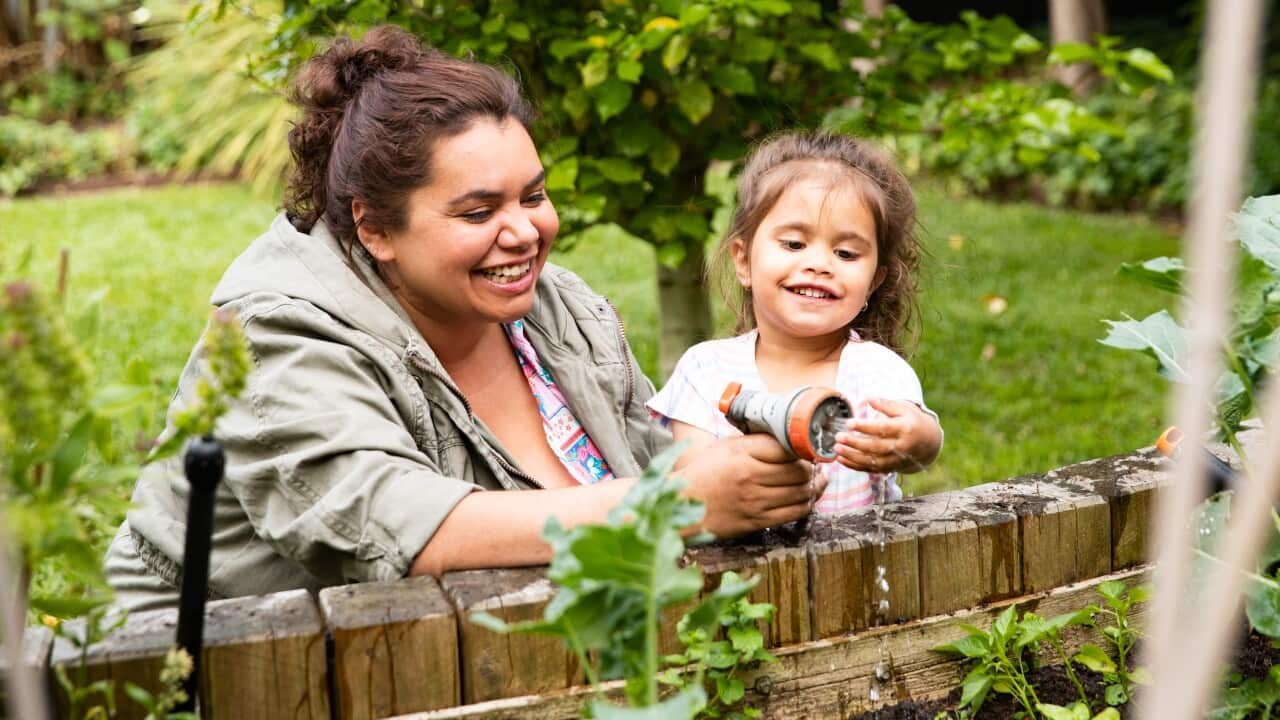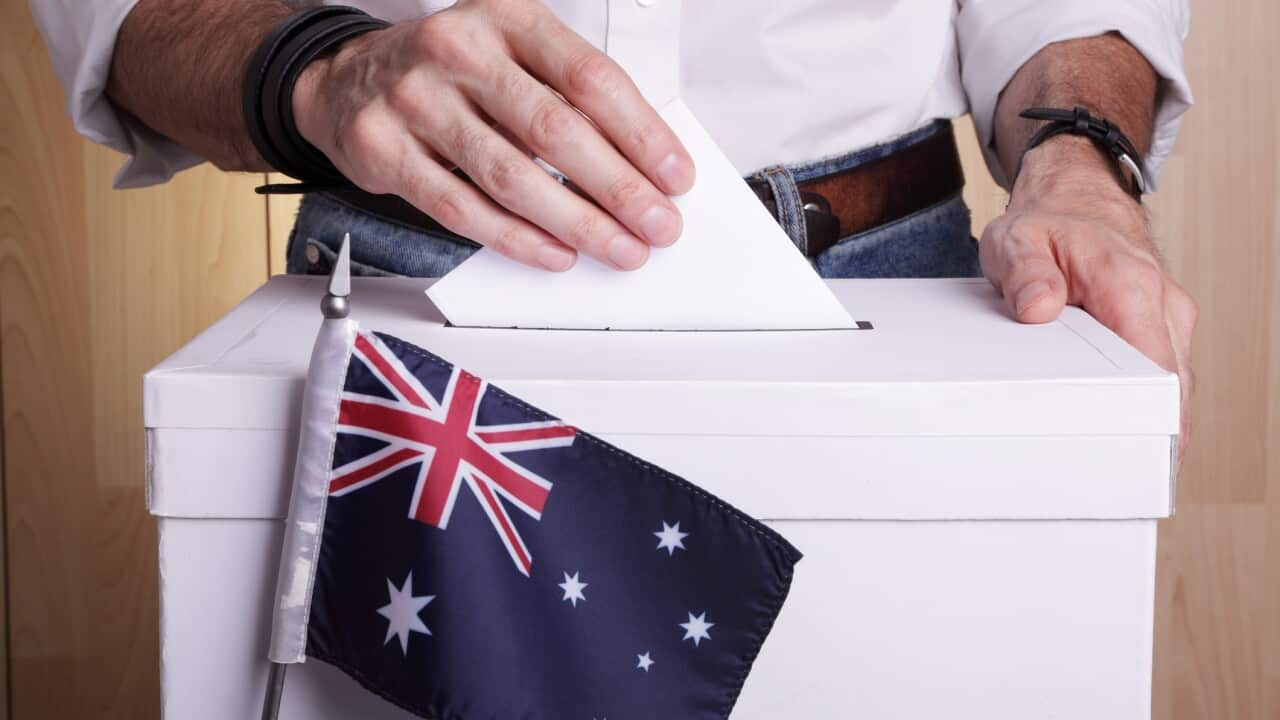Key Points
- Under Australia’s National Immunisation Program, essential vaccines are given to infants and children for free, to help reduce preventable diseases.
- The Federal ‘No Jab, No Pay’ and state-level ‘No Jab, No Play’ policies require children to be fully vaccinated to be eligible for family support payments or accessing childcare.
- Having a conversation with a health professional is the way to go if you are concerned about your child’s immunisation.
According to , in the past 50 years vaccines have averted 146 million deaths of children younger than five years of age.
While child immunisation policies may vary, the medical rationale remain consistent worldwide: immunisation programs are designed to protect children from severe consequences of infectious diseases.
Immunisation becomes government policy and a ‘hot button issue’ for communities because of its effect on disease transmission, Associate Professor at the University of Western Australia Katie Attwell explains.
“It’s because other people's vaccination status affects our susceptibility to the disease.”

Measles is the most transmissible childhood infection. But when a community has high vaccination coverage, herd immunity can be achieved. Source: Moment RF / Witthaya Prasongsin/Getty Images
“If you have 95 per cent of the population vaccinated against measles or is otherwise immune, then you're not going to get measles going into those communities. But any lower than that coverage and measles can then start to spread.”
Associate Professor Philip Britton works in child and adolescent health at the University of Sydney.
He says Australia’s immunisation program is one of the most comprehensive ones, protecting against common childhood infections that used to cause severe disease in the past, or still do in some parts of the world.
“Diseases like measles, diphtheria, like tetanus, like whooping cough. something like chickenpox that used to infect effectively all children, some of whom did very badly from that infection.
“Even 20 years ago, there's a virus that causes bad diarrhoea in children called rotavirus. We now vaccinate for that in Australia."

Portrait of Aboriginal schoolteacher and boys and girls sitting at picnic table on lunch break Credit: JohnnyGreig/Getty Images
‘No Jab, No Pay’, ‘No Jab, No Play’ explained
The Department of Health and Aged Care has created a schedule of appropriate vaccinations for children up until 20 years of age, provided for free.
Under the Federal ‘No Jab, No Pay’ policy, parents must have their child immunised according to the schedule to receive family assistance payments.
Administered by Services Australia, payments include the Family Tax Benefit and childcare subsidies.
“That means that we can't pay you to start with as you first apply, or if you don't keep up with the schedule, you may find that your payments stop or that support stops as your child hasn't been vaccinated,” says Justin Bott, Community Information Officer with Services Australia.
When you claim a payment, Services Australia get access to information on your child’s immunisation status.
“When you apply for the family tax benefit or the childcare subsidy, we ask for your child's Medicare details,” Mr Bott explains.
The Australian Immunisation Register is a national register that records all vaccines given to people in Australia, whether through the National Immunisation Program, school programs or at a private vaccination provider.
The register is automatically linked to your Medicare and can only be updated by a recognised vaccination provider, such as a General Practitioner (GP) or a community health centre.
If your child has had vaccinations in another country but you don’t have the immunisation documents, you need to speak to a health professional who will give you guidance on next steps, Mr Bott says.
“If you've got the documents, then all you need to do is take that evidence with you when you go to your health professional, to the person that you would normally get your vaccinations from, and they can then take that information and enter it on the Australian Immunisation Register for you.”
If your child’s overseas vaccination documentation is in a language other than English, Services Australia can get that translated for you.

Child immunisation also protects vulnerable members of the child’s environment, including newborn babies and immune-compromised patients. Source: Moment RF / Alan Rubio/Getty Images
Parents should check what applies in their state or territory of residence, as these policies vary.
In Western Australia, Victoria, New South Wales, and South Australia, the ‘No Jab, No Play’ policy applies similarly, Prof Atwell explains.
“You have to show that immunisation history form to enrol, and that form has to show that your child is up to date for their immunisations or is medically exempt or on a catch-up schedule or satisfies various exemption criteria that exist in the different states.”
According to Prof Britton there are two classical reasons for a child to be medically exempt from getting a vaccine.
Abnormal reactions to vaccines in the past, typically an anaphylactic reaction, or having a weakened immune system.
“Some vaccines are made with viruses, where the virus is weakened but not killed. We call those live attenuated vaccines.
“And people whose immune systems are weakened, shouldn't be given live attenuated vaccines because their immune system isn't capable of safely responding to those vaccines,” Prof Britton explains.

If your child has a complex medical condition, you can discuss their immunisation options with a trusted medical professional. Credit: The Good Brigade/Getty Images
Prof Attwell advises parents who have questions around child immunisation, to look at evidence-based resources like the , operating under .
“But of course, nothing beats actually sitting down with a health professional and talking.”
You can also ask to be referred by your GP to your state’s special immunisation clinic.
Ultimately, Prof Atwell says, a health professional that you trust is the best person to discuss any concerns about your child’s vaccination status.
“So, it's about finding that professional with whom you have a good rapport, that you feel safe to ask questions and to get the answers that reassure you.”
Find out about Australia’s national and state legislation in relation to immunisation requirements for childcare .
Visit the , for evidence-based information on vaccine preventable diseases and other issues related to child immunisation.
Subscribe or follow the Australia Explained podcast for more valuable information and tips about settling into your new life in Australia.












